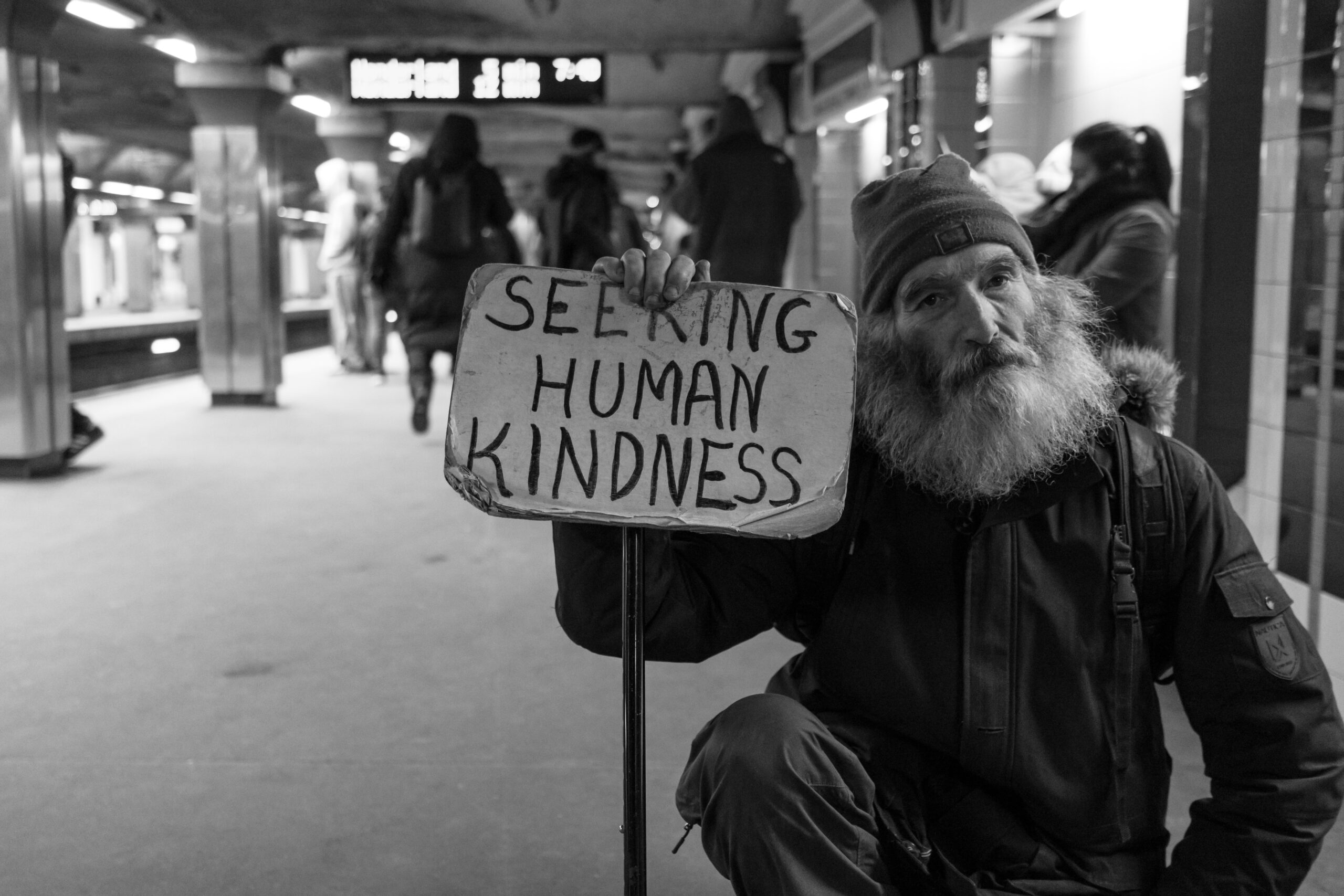

Love Thy Brother
2020 sure has been a hell of a year, hasn’t it? Back when my mom was still alive, it was times like these when things were looking bleak, that she would try to cheer me up by saying, “There’s always somebody who has it worse.” Funny, but that really didn’t cheer me up. Somehow all that tended to do was further entrench me in my own sense of perceived misery, as I wondered how Murphy’s Law would kick me upside the head next and make my life even worse than these poor jamokes she referred to, but this year, she really would have been right. For as difficult as 2020 has been for all of us, at least you still have internet service that allows you to read this drivel and presumably a warm bed in which to do so. Our nation’s homeless cannot say the same.
Lost among all of the protracted mask debates and political wrangling over the handling of the Covid pandemic have been the daunting concerns facing our nation’s homeless population in the midst of this raging global crisis. Often overlooked and disregarded even in the rosiest of times, the daunting circumstances challenging the homeless population during the Covid era have been largely pushed to the back burner of social and political importance as we focus our efforts on the health and economic well-being of the broader spectrum of our society. But perhaps no one is more vulnerable during such a crisis than our nation’s homeless whose already dire living conditions and health options leave them even more susceptible to the ravages of the corona virus than the general population.
In West Coast cities where the weather, at least until now, has been more temperate and much of the homeless population has been unsheltered, infection rates have typically matched those for the general population, but in colder East Coast cities such as New York, the mortality rate for the homeless population is 67% higher than for the city as a whole. Often packed into tight quarters with little access to proper nutrition or health care, these folks are taking much of the brunt of this pandemic.
But don’t worry- they’ll be plenty more homeless folks to take their place. Why? Due to the tax policies of the past several years that have favored the wealthy at the expense of Americans at the brink of our society and a subsequent economic collapse, more and more people are poised to lose their housing in the coming months. In fact, given the continually escalating unemployment numbers, it is estimated that the number of Americans without housing may rise by as much as 40-45% over the course of the next several months. Which always brings us back to the same old question: what do we do with these folks?
Not that this should even be a question. I recently saw a Facebook post describing the United States as a Christian nation. Now let’s forget for a moment that this comment is completely wrong and that this nation was actually founded on the very notion of religious freedom, especially given our founding fathers’ prevailing wisdom in wanting to preclude any sort of state-sponsored religion, and let’s just go with the notion that a majority of American citizens describe themselves, at least in part, as Christians. Isn’t it then fair to ask “What would Jesus do?” Because I can sure as hell tell you that Jesus’ response would not be, “Tell them to get a damn job!” And if you actually read the Bible instead of just pounding on it, you might just realize that he would definitely not be ok with the unsanitary and impoverished squalor these folks are forced to endure while you keep a 5000 square foot vacation home in the Hamptons. No, it was Jesus who said that the “meek shall inherit the Earth”, and given the economic dichotomy he’d find in the modern U.S., he might just, in a blind fit of rage, kick your ass as he threw you out of your beach home and converted it into a shelter for the homeless.
This issue has come front and center in Denver recently, as homeless “sweeps” are made on a nearly weekly basis. The pattern, in fact, has become a routine. The police come in and force the homeless from one area of town where neighbors have been complaining of their presence only to have them move to another location not particularly far from the one before. It becomes the ultimate game of not-in-my-backyard cat and mouse with local police growing increasingly more and more frustrated by their perpetual relocation. Well duh. What the hell do you expect these people to do? Sorry for the inconvenience of their existence but you can’t wish these people to vanish into thin air and then roll over to the other side of the pillow, wake up, and poof- they are gone. It doesn’t work that way. These are human beings for crying out loud. And, as Linda Loman once said of her salesman husband, attention must be paid.
But what that means in real-life terms is a sincere allocation of community resources- i.e. money. And that’s where it all comes back to what Jesus would do. Would Jesus keep kicking these poor unfortunate souls off of public property and threatening them with trespassing violations? Heck no. What these people need are comprehensive housing solutions that allow for a permanent encampment and affordable housing option. Or as Denver City Councilwoman Robin Kniech put it, “Only new places for people to live and sleep will address street homelessness. Period. That’s the cure.”
But that’s what really gets me. Here we go around purporting to be a “Christian nation”. We love to brandish our religious value systems and get up on our almighty high horse to parade around our moral superiority to others on issues like abortion and gay rights. But when it comes right down to it, when it comes down to doing the things Jesus really taught us to do, like protect and care for the poorest and most downtrodden in our communities, to “love thy brother”, we turn our back and pretend not to hear Jesus calling after us and pleading with us to lend a hand to others. But we better, because if the number of Americans living out on the streets continues to grow, we might just be one of them.
Steven Craig is the author of the best-selling novel WAITING FOR TODAY, as well as numerous published poems, short stories, and dramatic works. Read his blog TRUTH: In 1000 Words or Less every THURSDAY at www.waitingfortoday.com






